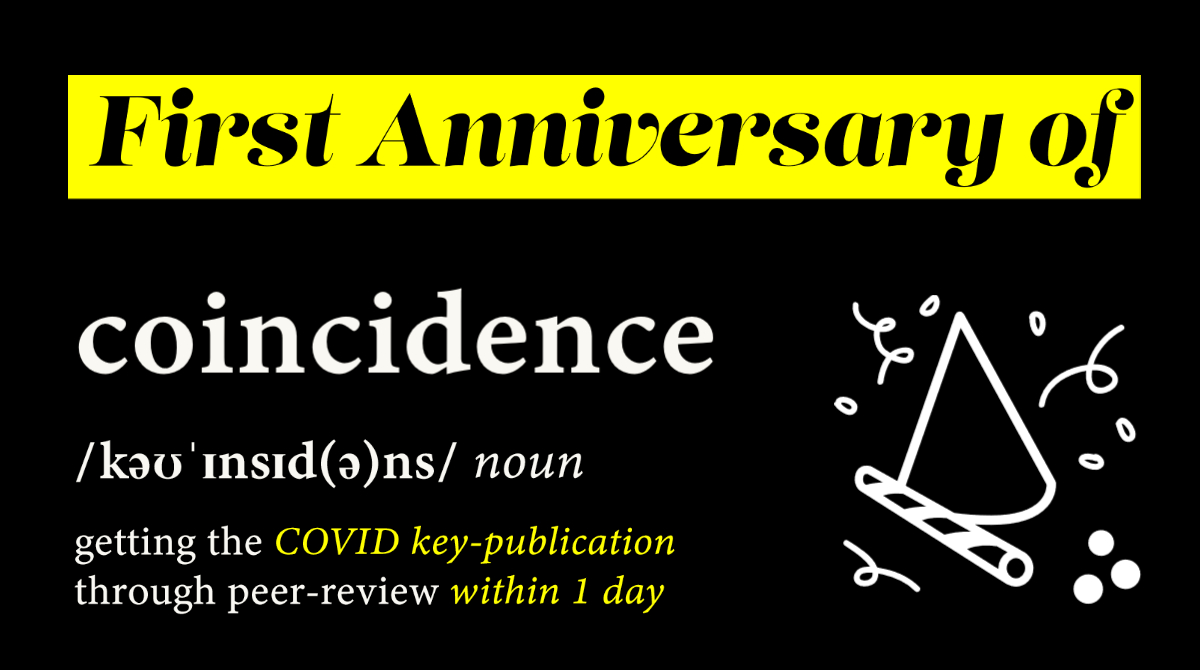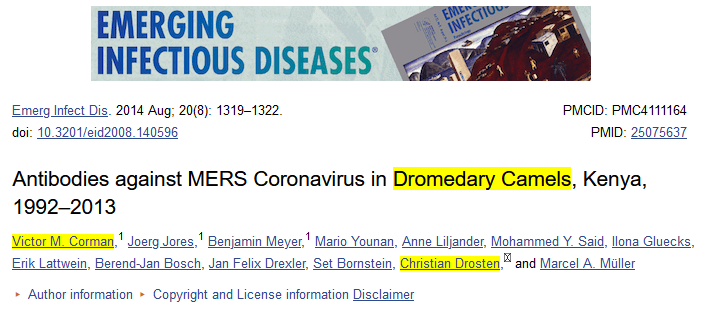Unless we pass laws which support people to enable them to self-isolate properly, any improvements to test & trace will have marginal impact and cases will simply spiral out of control once again as we ease lockdown in December.
A short thread on what we can do and why 👇
1/
Improving the currently poor rates of self-isolation is actually the key point, which many scientists, politicians, & commentators do still seem to be missing.
This requires good public health communication, proper support for those who need to self-isolate, & trust.
2/
Massive testing and tracing will only significantly reduce
transmission if positive cases isolate effectively. Yet
currently fewer than 20% of those who should isolate
are fully adherent.
I don't think I need to explain why it's so critical to improve these rates.
3/
Survey data shows intention to adhere to test/trace/isolate behaviours is higher than self-reported adherence: whilst 76% of people intend to share contacts, only 50% of people correctly recognise symptoms &
just 12% get a test, 18% isolate, & 11% of contacts isolate properly.
4
Self-reported ability to self-isolate
is three times lower in those who earn less than £20,000 per year or have less than £100 saved.
5/





